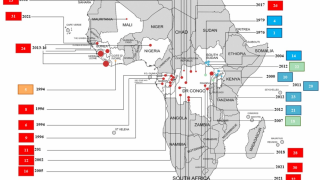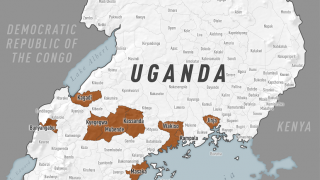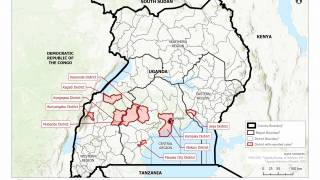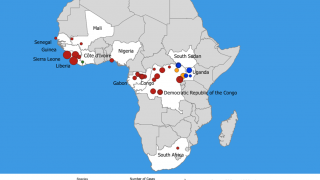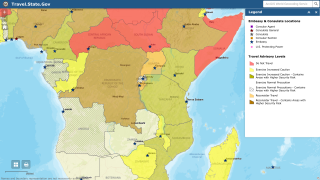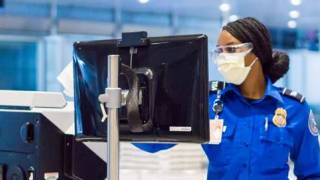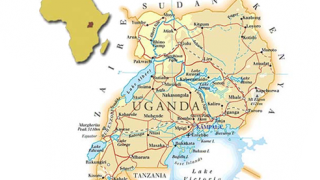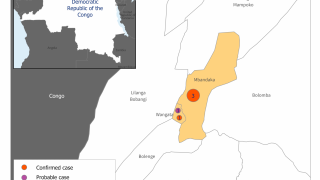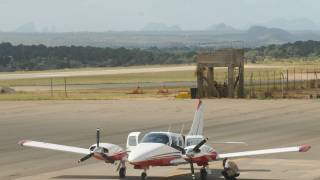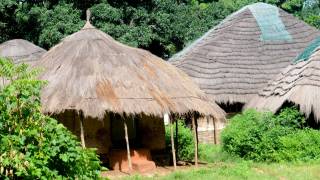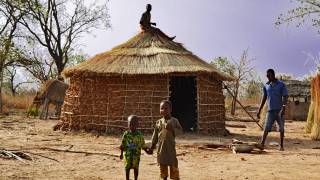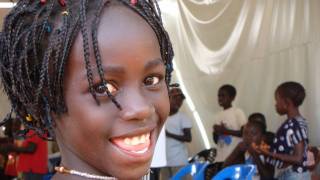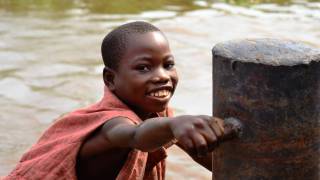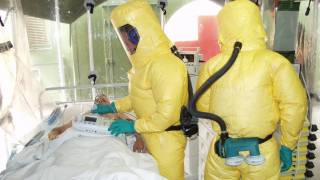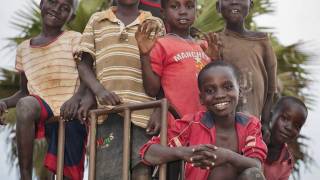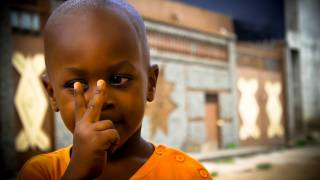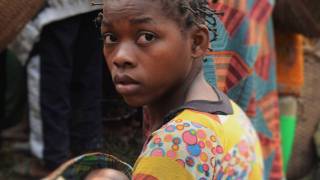Ebola’s Newest Outbreak Elevates Concerns
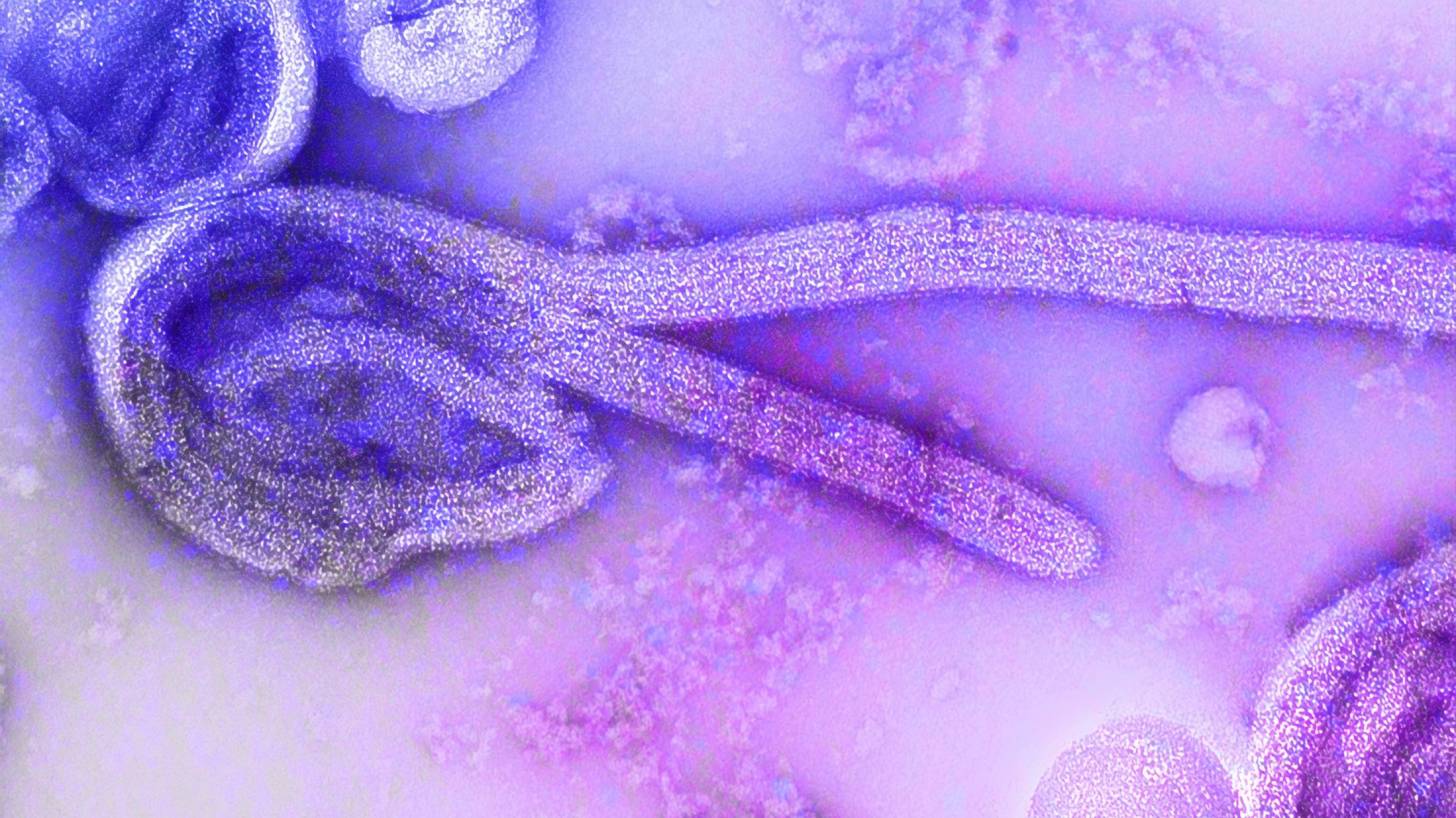
The Ebola outbreak in the Democratic Republic of the Congo’s (DRC) Equateur Province continues to expand, causing major concern at the World Health Organization (WHO).
The confirmed number of Ebola cases has now surpassed the recorded during the province’s last outbreak in 2018.
The area around the city of Mbandaka was the location of the DRC’s 9th Ebola outbreak which lasted from May to July 2018 and in which 54 cases were confirmed.
The latest outbreak, DRC’s 11th, was declared on 1 June 2020, after a cluster of cases was detected in Mbandaka area of Equateur Province. The outbreak has since spread to six health zones, with 56 cases recorded.
In the last 3-weeks alone, 28 cases have been confirmed, reported the WHO on July 16, 2020.
However, significant achievements have been made since the outbreak began. In six weeks, more than 12,000 people have been vaccinated, which started within 4 days of the outbreak being declared.
Around 90 percent of the vaccinators in the ongoing outbreak is from the local communities.
“Responding to Ebola in the midst of the ongoing COVID-19 pandemic is complex, but we must not let COVID-19 distract us from tackling other pressing health threats,” said Dr. Matshidiso Moeti, WHO Regional Director for Africa, in a press statement.
“The current Ebola outbreak is running into headwinds because cases are scattered across remote areas in dense rain forests. This makes for a costly response as ensuring that responders and supplies reach affected populations is extremely challenging.”
The ongoing Ebola response is also facing funding shortfalls. So far WHO has mobilized US$ 1.75 million, which will last only a few more weeks.
Additional support is needed to rapidly scale up the efforts by WHO, the DRC health authorities, and partners to ensure all the affected communities receive key services including health education and community engagement, vaccination, testing, contact tracing, and treatment.
The current response builds on lessons learned from the country’s previous Ebola outbreaks, which underscored the importance of working closely with local communities.
The response has also been able to tap into the expertise of laboratory technicians trained during the 2018 outbreak, with 26 laboratory technicians currently supporting diagnostics.
Working with local responders is inspiring trust between communities and health workers and making the emergency response more effective.
The WHO, along with the DRC Ministry of Health and partners, has been engaging with communities to increase understanding of the virus and local support for response activities. More than 40,000 households have been visited by community health workers and more than 273,000 people have been provided with health and safety information.
The Ebola virus disease is a viral hemorrhagic fever caused by ebolaviruses. These viruses, also known as Zaire ebolavirus, Sudan ebolavirus, and Bundibugyo ebolavirus, can cause severe hemorrhagic fever, says the WHO.
Ebola virus can persist in some body fluids of survivors for several months, and in rare cases may result in secondary transmission or in relapse, as seen in this outbreak. In addition, the Ebola virus is present in animal reservoirs in the region.
This means there is a continued risk of zoonotic spillover, says the WHO.
As of July 3, 2020, a total of 3,481 cases (3323 confirmed, 158 probable). Of these, 2,299 people died from Ebola-related illnesses.
Recently, two treatments Regeneron (REGN-EB3) and mAb114 were found to be highly effective when treating the Ebola disease.
The recent summary of ERVEBO vaccinations in the DRC shows that between August 2018 and late May 2020, about 303,000 people were vaccinated.
Although human-to-human transmission of the Ebola virus has ended in North Kivu, Ituri, and South Kivu Provinces and the outbreak has officially been declared over, the risk of re-emergence still exists.
Updated Ebola vaccine news can be found at this link.
Unfortunately, on June 25, 2020, the DRC entered a 90-day period of heightened surveillance.
Ebola vaccination news is published by Vax-Before-Travel.
Our Trust Standards: Medical Advisory Committee


